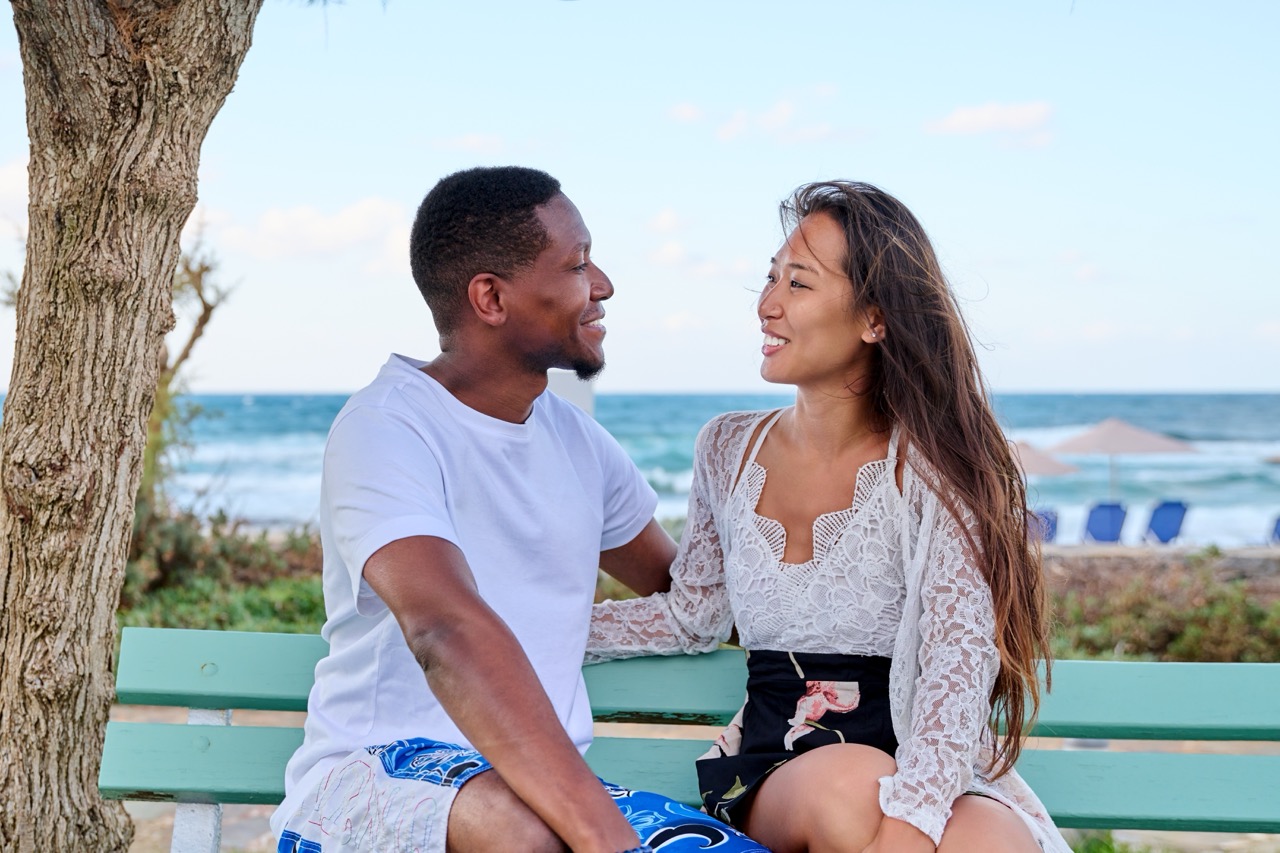In the world of love and relationships, finding the right support can make all the difference. Relationship coaches serve as invaluable guides, helping individuals and couples navigate the complexities of romantic connections. But what truly sets the best coaches apart from the rest? By examining insights from twenty leading experts in the field, we can uncover the core qualities, essential skills, and success stories that define great relationship coaching. Whether you’re seeking to strengthen your bond with a partner or simply looking to understand more about healthy relationships, this article will provide you with the tools to choose the right coach for your journey.
Understanding the Core Qualities of Top Relationship Coaches
The foundation of an exceptional relationship coach lies in their core qualities. Empathy is paramount; a great coach must not only understand their clients’ feelings but also resonate with their experiences. This emotional connection fosters trust, allowing clients to open up about their vulnerabilities. According to Dr. John Gottman, a leading relationship expert, empathy enables coaches to validate emotions, thus creating a safe space for honest dialogue.
Another essential quality is strong communication skills. A great coach articulates ideas clearly and listens actively, ensuring that clients feel heard and understood. Coaches who excel in this area utilize various communication techniques, such as reflective listening and open-ended questions, to guide conversations. Renowned coach Esther Perel emphasizes that the ability to ask the right questions can lead to profound insights, helping clients uncover deeper issues within their relationships.
Lastly, adaptability is crucial in a relationship coach. Every client is unique, and a one-size-fits-all approach simply won’t work. Successful coaches adjust their methods based on individual needs and circumstances. For example, relationship expert Dr. Sue Johnson tailors her approach to reflect the specific dynamics of each couple, ensuring that her guidance resonates on a personal level. This flexibility not only enhances the coaching experience but also empowers clients to take ownership of their growth.
Essential Skills That Set Great Coaches Apart from Others
To thrive in the realm of relationship coaching, certain skills are indispensable. First and foremost, an understanding of attachment theory can transform coaching practices. Coaches who grasp how different attachment styles affect relationships can provide targeted advice that helps clients navigate their emotional responses. Dr. Amir Levine, co-author of "Attached," highlights how recognizing these patterns can lead to healthier interactions and more fulfilling partnerships.
Another vital skill is conflict resolution. Great relationship coaches teach clients how to manage disagreements constructively rather than letting them escalate. By employing techniques like "I" statements and active listening, coaches equip clients to approach conflicts with compassion and understanding. As relationship expert Dr. Harville Hendrix states, learning to resolve conflicts peacefully can turn potential crises into opportunities for growth.
Lastly, a solid grounding in psychology is invaluable. Great coaches often have formal training or certifications in psychology, counseling, or coaching methodologies. This knowledge enables them to apply evidence-based practices effectively. For example, relationships expert Dr. Laura Berman combines her clinical background with her coaching experience to provide clients with scientifically-backed strategies for improving intimacy and communication.
Real-Life Examples: Success Stories from Leading Experts
The success stories of top relationship coaches offer inspiring insights into their methodologies. Take, for example, relationship expert Matthew Hussey, who has helped countless individuals navigate the modern dating landscape. His approach combines practical advice with a focus on self-confidence, empowering clients to cultivate healthier relationships. Many of his clients report transformative experiences, stating that they not only found love but also discovered a newfound sense of self-worth.
Another notable figure is Dr. Alexandra Solomon, whose "The Art of Love" course has garnered acclaim for its holistic approach to relationship coaching. Her emphasis on self-awareness and emotional intelligence resonates deeply with clients, leading to more fulfilling partnerships. Testimonials from her clients reveal that they often leave her sessions with a clearer understanding of their needs and desires, which in turn enhances their relationships.
Lastly, relationship expert Terri Orbuch, also known as "The Love Doctor," has spent over three decades researching relationships. Her evidence-based approach includes practical exercises that couples can implement in their daily lives. Success stories from her clients highlight how simple changes, like setting aside regular quality time, can dramatically improve relationship satisfaction. These real-life examples underscore the profound impact that great relationship coaches can have on people’s lives.
Practical Tips for Choosing the Right Relationship Coach
When embarking on the search for a relationship coach, consider the coach’s credentials. Look for those with relevant certifications in coaching, counseling, or psychology. A strong educational background often signifies that the coach has a solid understanding of relationship dynamics. Additionally, check for reviews or testimonials from past clients to gauge their effectiveness and approach.
Next, assess the coach’s communication style. During initial consultations, pay attention to how well they listen and whether they create a welcoming atmosphere. A great coach should make you feel comfortable sharing your thoughts and feelings. If you find yourself feeling uneasy or dismissed, it might be best to continue your search. Remember, the right coach should be someone you feel you can trust and connect with.
Lastly, consider whether the coach’s approach aligns with your specific needs. Some coaches focus on specific issues—like dating, communication, or intimacy—while others might adopt a holistic perspective. Don’t hesitate to ask about their methodologies and what you can expect from the coaching process. Finding a coach whose philosophy resonates with you can make all the difference in your journey toward building stronger relationships.
In the end, selecting the right relationship coach can be a transformative step toward enhancing your romantic connections. By understanding the core qualities and essential skills that define great coaches, along with real-life success stories, you can make an informed decision that aligns with your unique needs. Whether you’re a curious dater or a long-term partner, the right guidance can lead to newfound insights and deeper emotional bonds. So take your time, explore your options, and remember that the journey to better relationships is a rewarding one worth pursuing!





